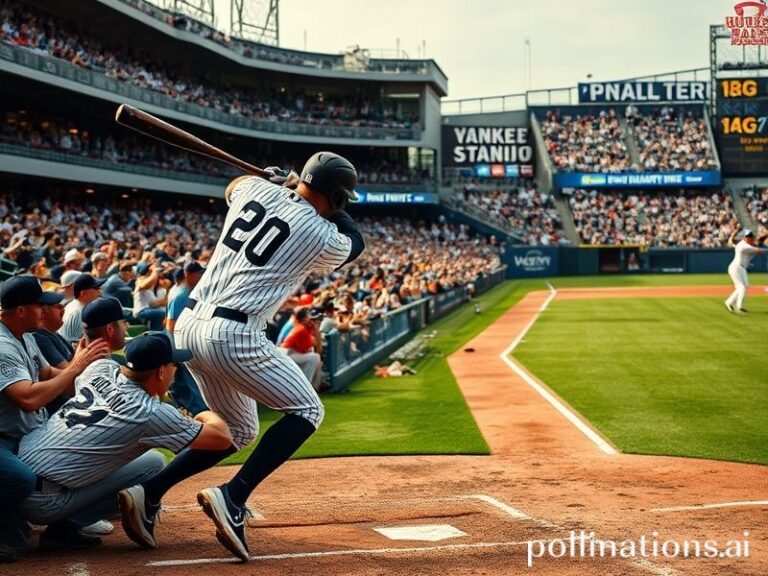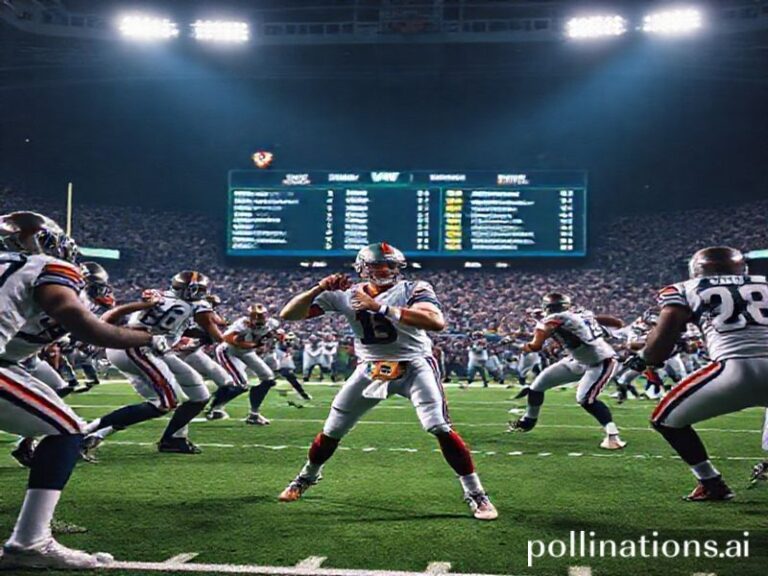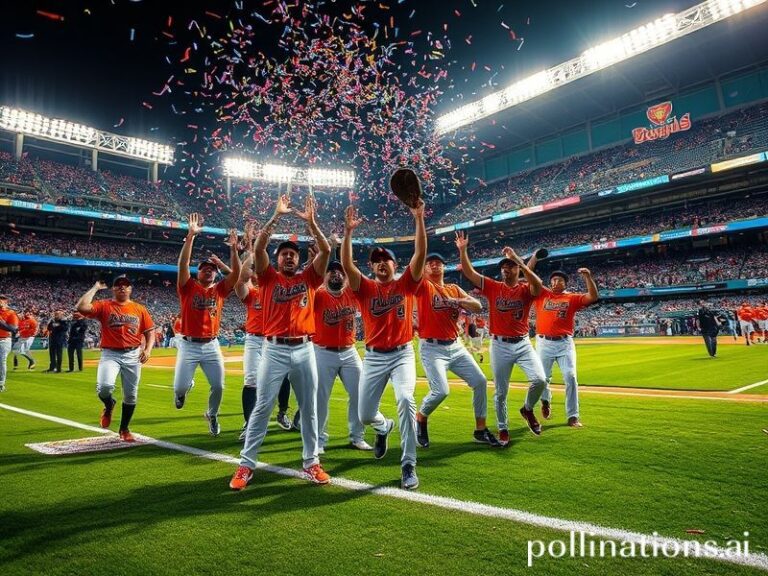Kelvin Gastelum: The Planet’s Favorite Underdog Punching Bag and Accidental Diplomat
Kelvin Gastelum, A Microcosm of the Planet’s Perpetual Underdog Story
By Eduardo “The Jet-Lagged Prophet” Morales, international desk, Dave’s Locker
Somewhere in São Paulo a taxi driver is replaying Gastelum’s left hook on loop between WhatsApp memes. In a Seoul PC-bang, a kid toggles between League of Legends and a pirated UFC 236 stream just to watch Kelvin almost derail the Adesanya hype-train. And in a Berlin co-working loft—where the oat-milk is fair-trade but the ambition is openly predatory—start-up bros quote his post-fight sound-bite about “short kings taking over the world” as if it were Sun Tzu for dudes who meditate on quarterly growth.
That, dear reader, is Kelvin Gastelum’s true global footprint: not belts, but broadband. Not pay-per-view numbers, but cross-continental group-chat folklore. The man is a walking Rorschach test for whichever slice of late-capitalist anxiety you happen to occupy. In the Middle East he’s the migrant laborer who wins regional tournaments on Ramadan-fasted cardio; in Eastern Europe he’s proof you can still trade tortillas for takedown defense and make it out of the Yuma sun. Gastelum is the rare American export that doesn’t come wrapped in the Stars and Stripes; instead it arrives with the morally convenient narrative of a good kid who never quite fit the imperial silhouette.
The irony? His greatest fights happen outside the cage. While Dana White counts gate receipts from Abu Dhabi to Melbourne, Gastelum spends fight-week quarantines in hotel ballrooms that smell faintly of industrial sanitizer and existential dread—much like the rest of us during any given year of overlapping global crises. Only difference: he gets punched for hazard pay; we just doom-scroll for free.
Look at the geopolitical subtext. When Gastelum missed weight for UFC 244 (a card conveniently scheduled to flatter the egos of both American and Mexican fan bases), the Brazilian commission fined him 30% of his purse—roughly the annual salary of three Rio favela schoolteachers. The planet’s resource-allocation algorithm in one tidy vignette: one man’s metabolic misadventure equals another continent’s public-education budget. If that doesn’t explain the 21st-century supply chain, nothing does.
Yet the world keeps leaning in. Japanese television still replays his 2015 upset of Vitor Belfort in slow-motion haiku: small man, big heart, volcanic left. French sports journals label him “le chihuahua qui mord les mollets du monde,” which sounds more charming than “perpetual contender with a sodium problem,” but the sentiment translates. Even the Swedes, who banned professional boxing for decades on humanitarian grounds, now stream his fights on Viaplay next to Bergman films—proof that even the most enlightened welfare states eventually cave to controlled violence and catchy hashtags.
And then there’s the meta-narrative: Gastelum as avatar of the gig-economy gladiator. No pension, no dental, just six-month contracts and an Instagram Q&A where fans ask whether cauliflower ear can be turned into artisanal jewelry. In a world where European footballers unionize and the NBA ships preseason games to Dubai, the UFC offers its roster the opportunity to become globally famous without ever acquiring basic health insurance. The joke writes itself, but the bruises are real.
Of course, every empire needs its folk heroes, and Gastelum provides the requisite redemption arc: high-school wrestler from a border town, indicted by the scale, resurrected by the left hand. It’s Rocky IV minus the Cold War budget, plus TikTok. And because the script is so universally digestible—underdog, setback, resurgence—countries that can’t agree on carbon emissions can still agree that the little guy deserves one more swing.
So when Gastelum steps into the octagon next—probably on a Fight Island card sponsored by a cryptocurrency exchange that will implode before the post-fight presser—remember you’re not just watching a prizefight. You’re watching a planet rehearse its favorite fairy tale: that effort might still outweigh capital, that geography is just another opponent waiting to be outmaneuvered, that somewhere between the weigh-in and the walk-out, the world briefly flattens into 750 square feet of canvas and a shared delusion called hope.
Then the bell rings, someone bleeds, and we all go back to paying rent in whatever currency collapses next. Until then, hail the short kings; may their left hooks keep landing in 4K across every time zone.







